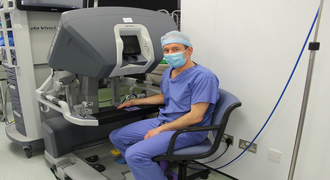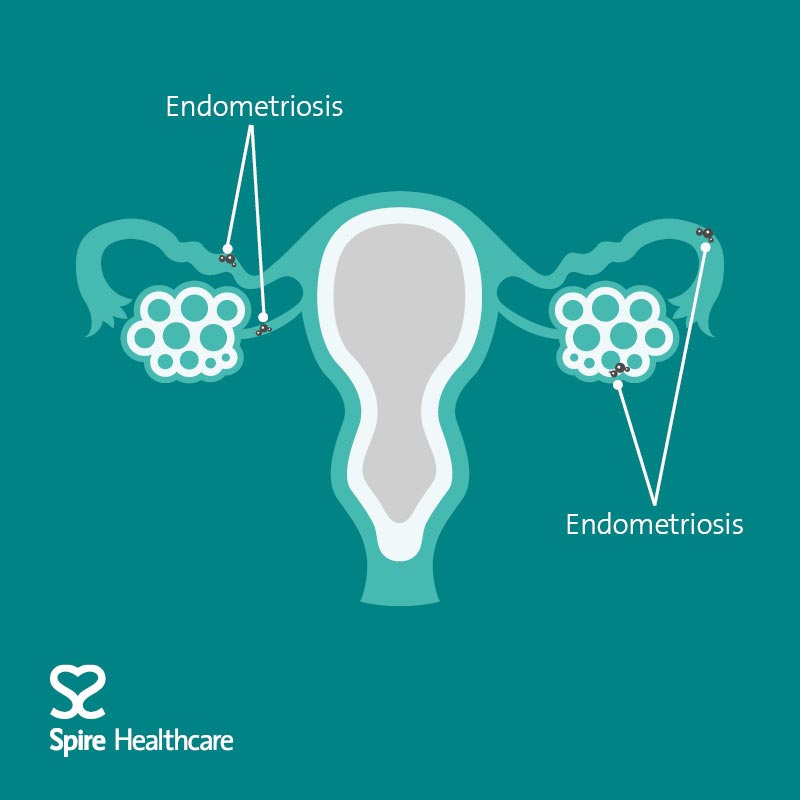Major refurbishment project at Spire Shawfair Park Hospital unveiled by MSP Colin Beattie
21 November 2022
Results of a major new £8m refurbishment project have been unveiled at Edinburgh’s Spire Shawfair Park Hospital by MSP Colin Beattie. The upgrades enable the hospital to accommodate overnight patients for the first time and to provide more complex surgery.






